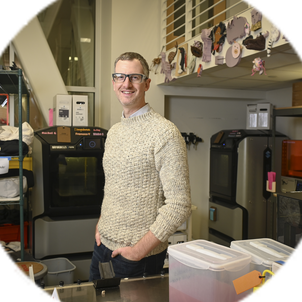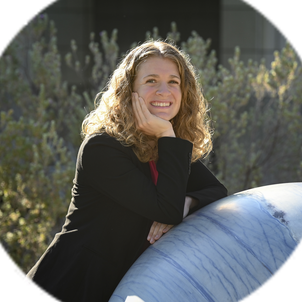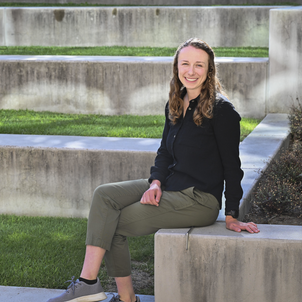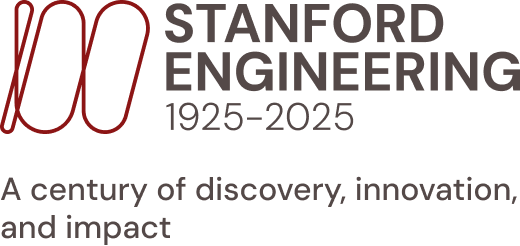After I graduated from college, I was lucky enough to get a job at the NASA Jet Propulsion Lab (JPL). It was a dream job for me. There are people that we call lifers, people who retire after 40, 45, 50 years at JPL, and I think I’m getting close to being one of them.
My current position is deputy program manager for NASA’s Exoplanet Exploration Program. We have three goals in this program: 1) detect planets around other stars, 2) understand the specific characteristics of these planets and 3) identify planets that could harbor life. A significant portion of our program is dedicated to public engagement and communications around our work. The hard work here is to take the scientific facts and make them interesting to the public.
One way we do this is by drawing artistic renditions of these worlds. We’ve made a set of posters to help people visualize the places we’re discovering so that people get a visual understanding of these planets and not just an intellectual understanding of them. We like to have a little fun with it too. Every year around Halloween we take half a dozen of our favorite planets and we say which Halloween monster would live on which planets based on those planet’s attributes: Some are balls of fire; some are completely opaque, reflect no light and appear black; and others are frozen worlds. We hope that by helping people “see” these worlds, they will gain a stronger appreciation of them.
While you’re in school, you have to be curious about how things work, why things work and how to make them better. You have to have a little bit of curiosity and a real drive to bring things to completion. I would advise young people not to be afraid. Engineering can be intimidating, but my advice would be to just charge forward unafraid. Don’t be intimidated to learn new things and ask as many questions as you can.
And at the same time, don’t let your job overwhelm your life.
The best mentor I had was somebody who put his pencil down at the end of the day and never opened an email at home. So many people are so willing to give their entire life to their job and their career. And I would definitely say don’t do that. If you have a tough problem you’re trying to solve, go out into the garden and pull weeds and let your brain chew through it as you’re doing something that doesn’t require a lot of thinking. It keeps you sane.
Related spotlights

Dan Somen

Sonia Martin


